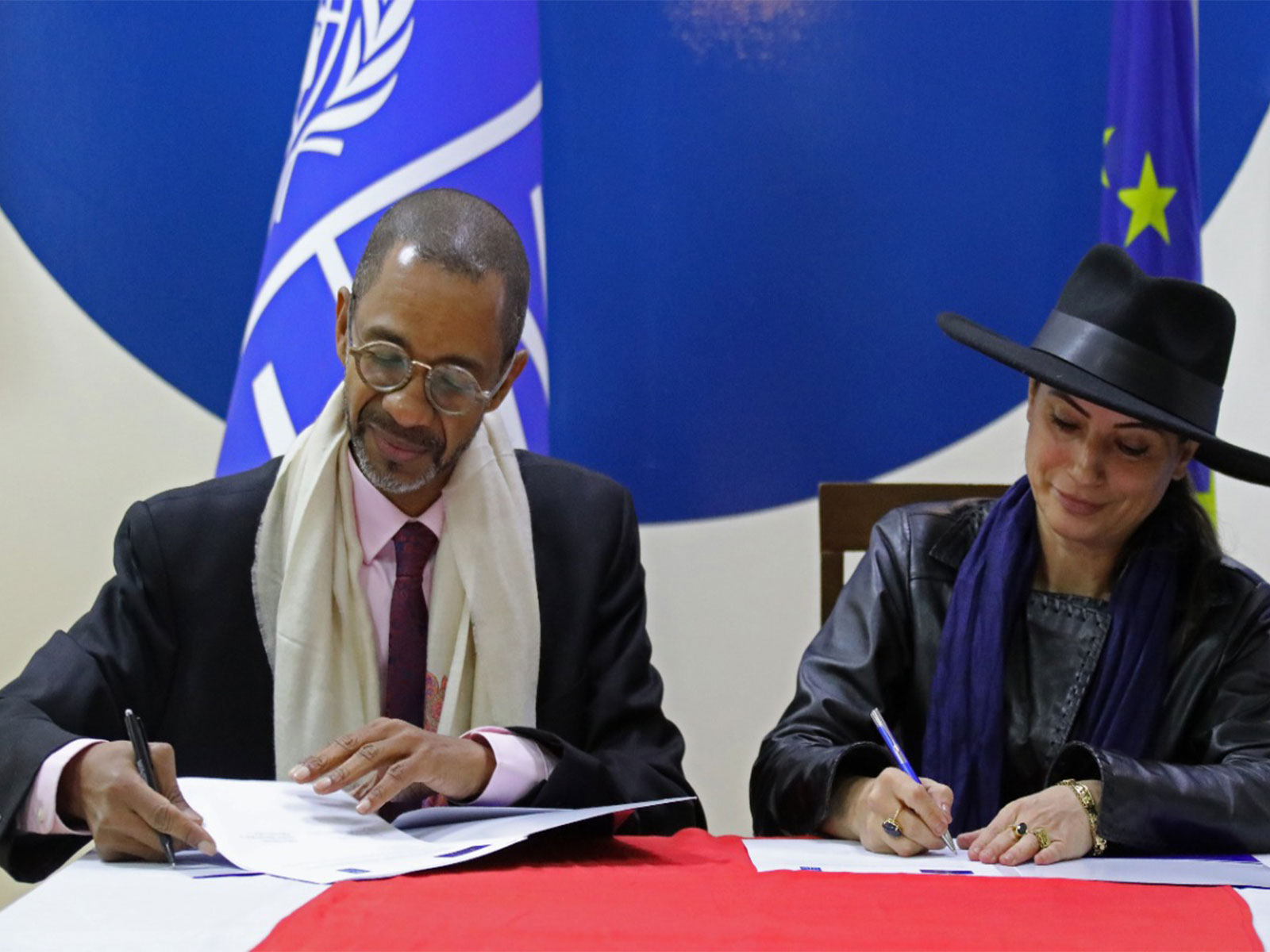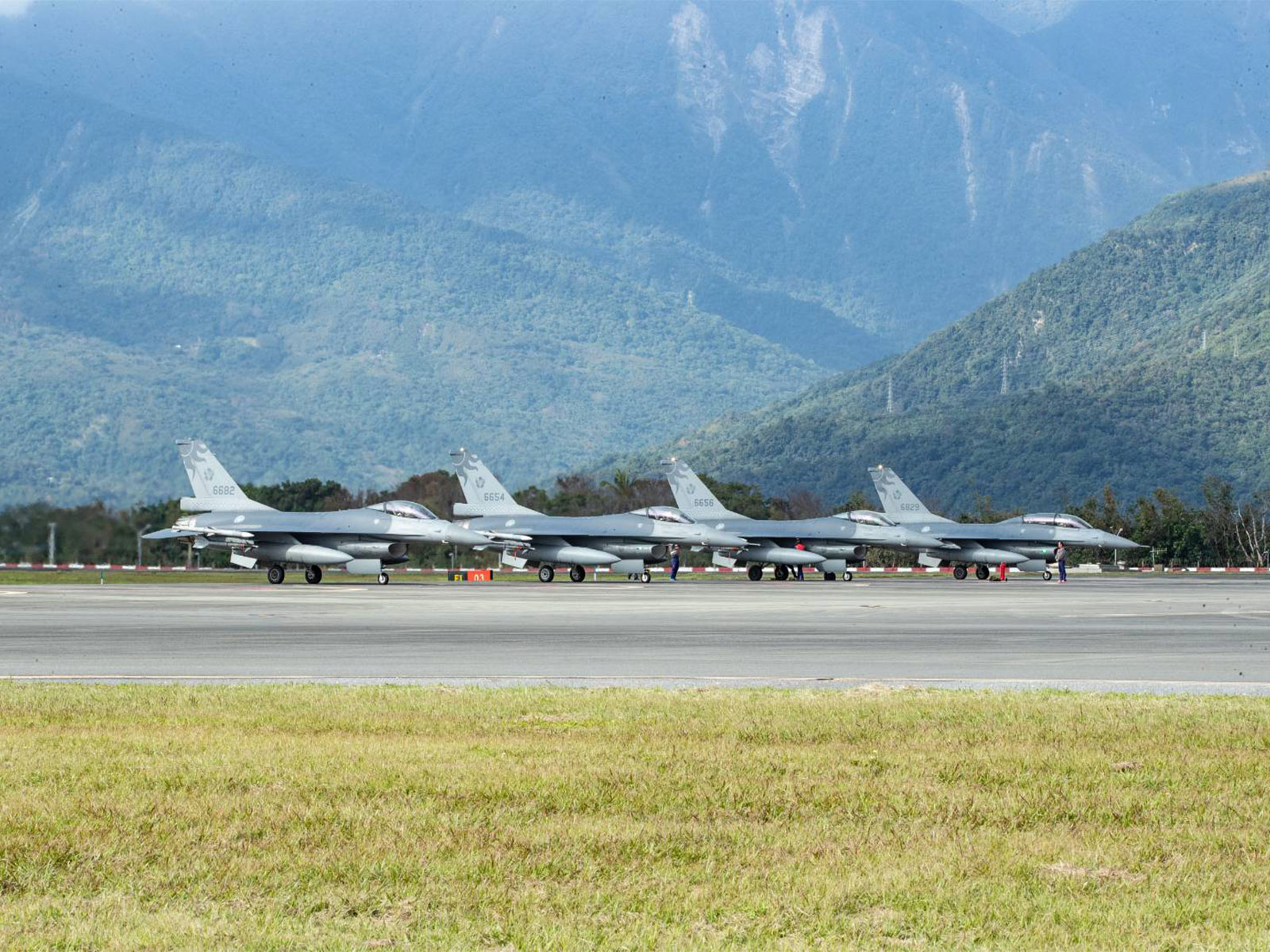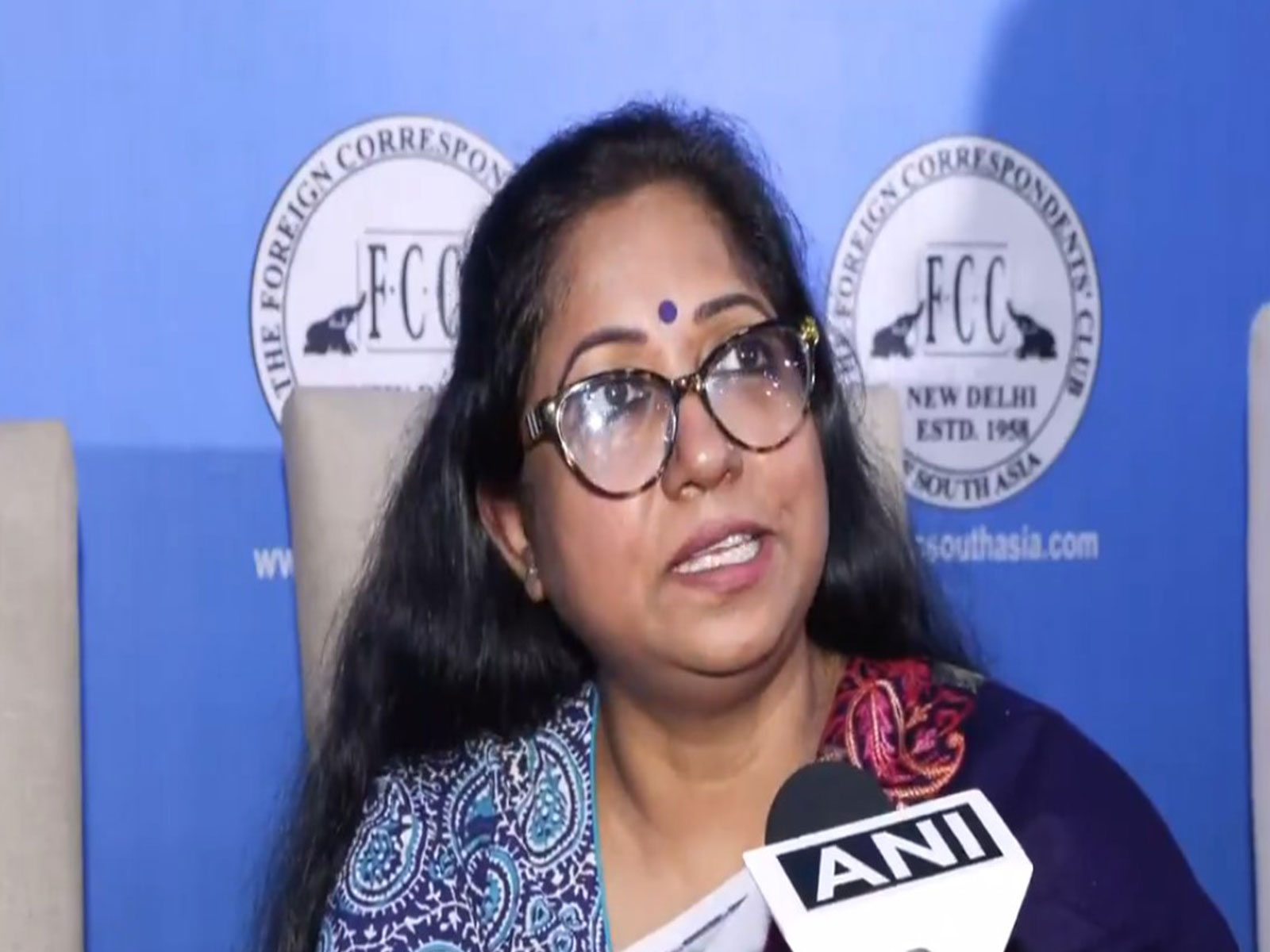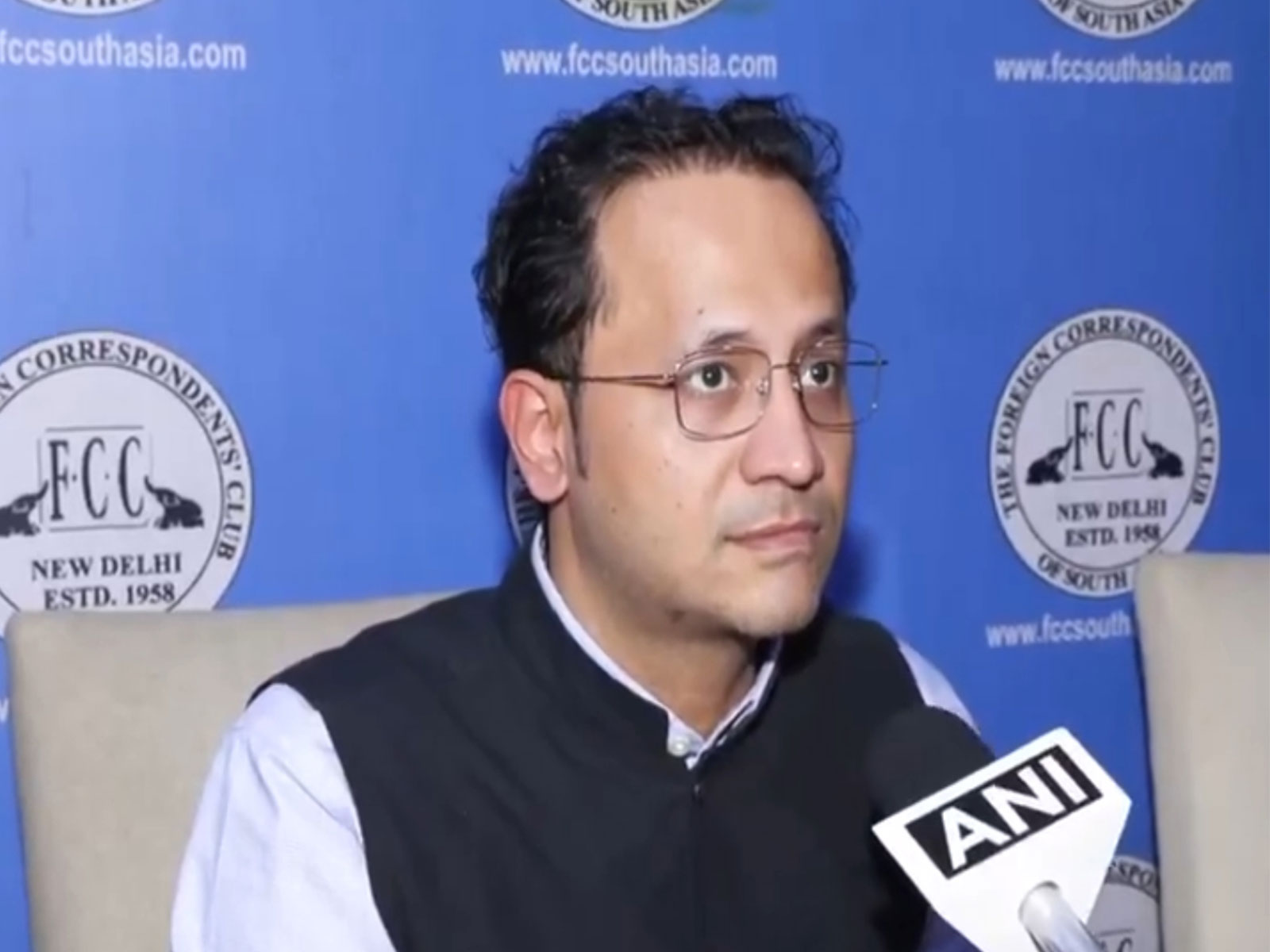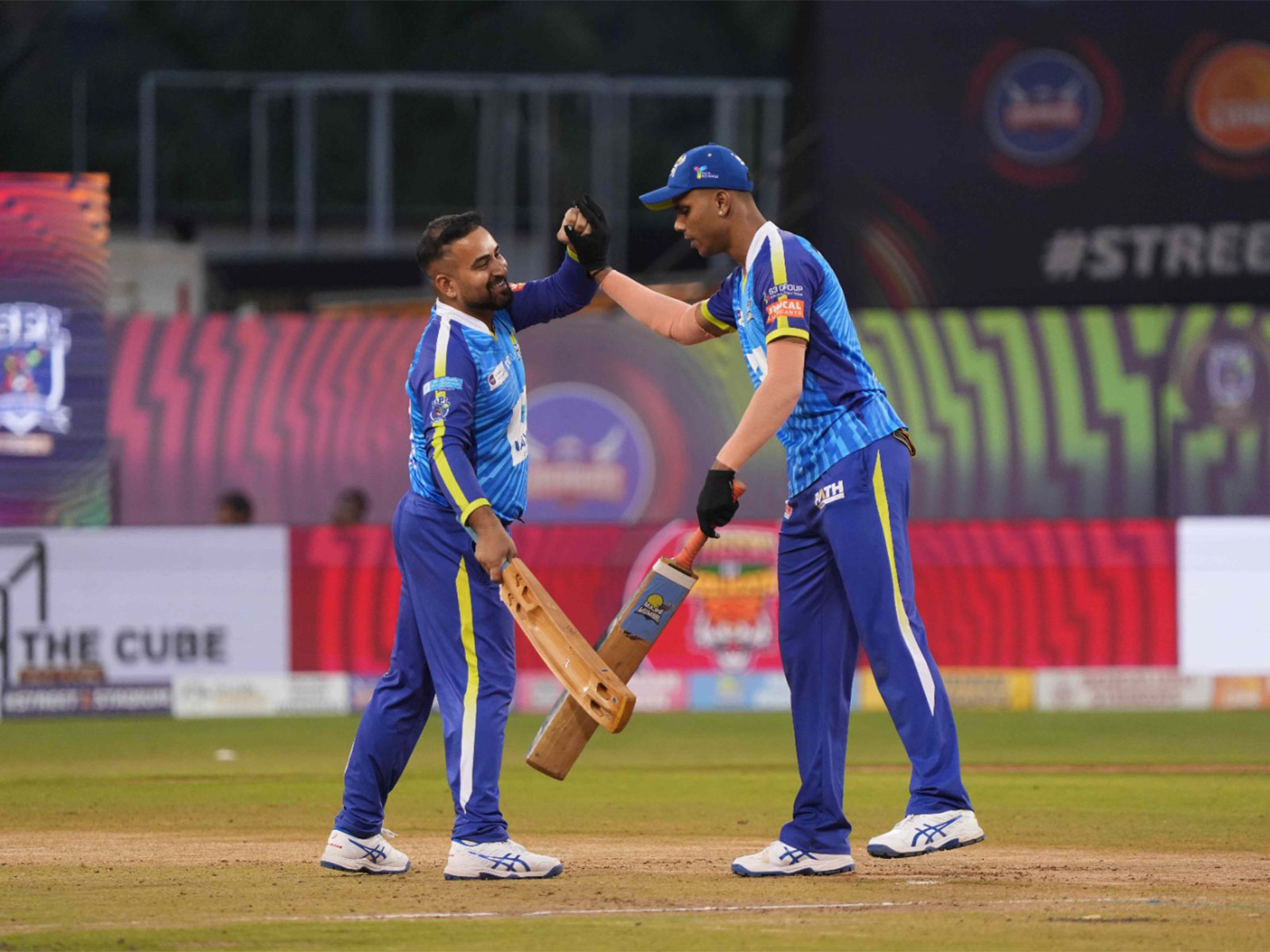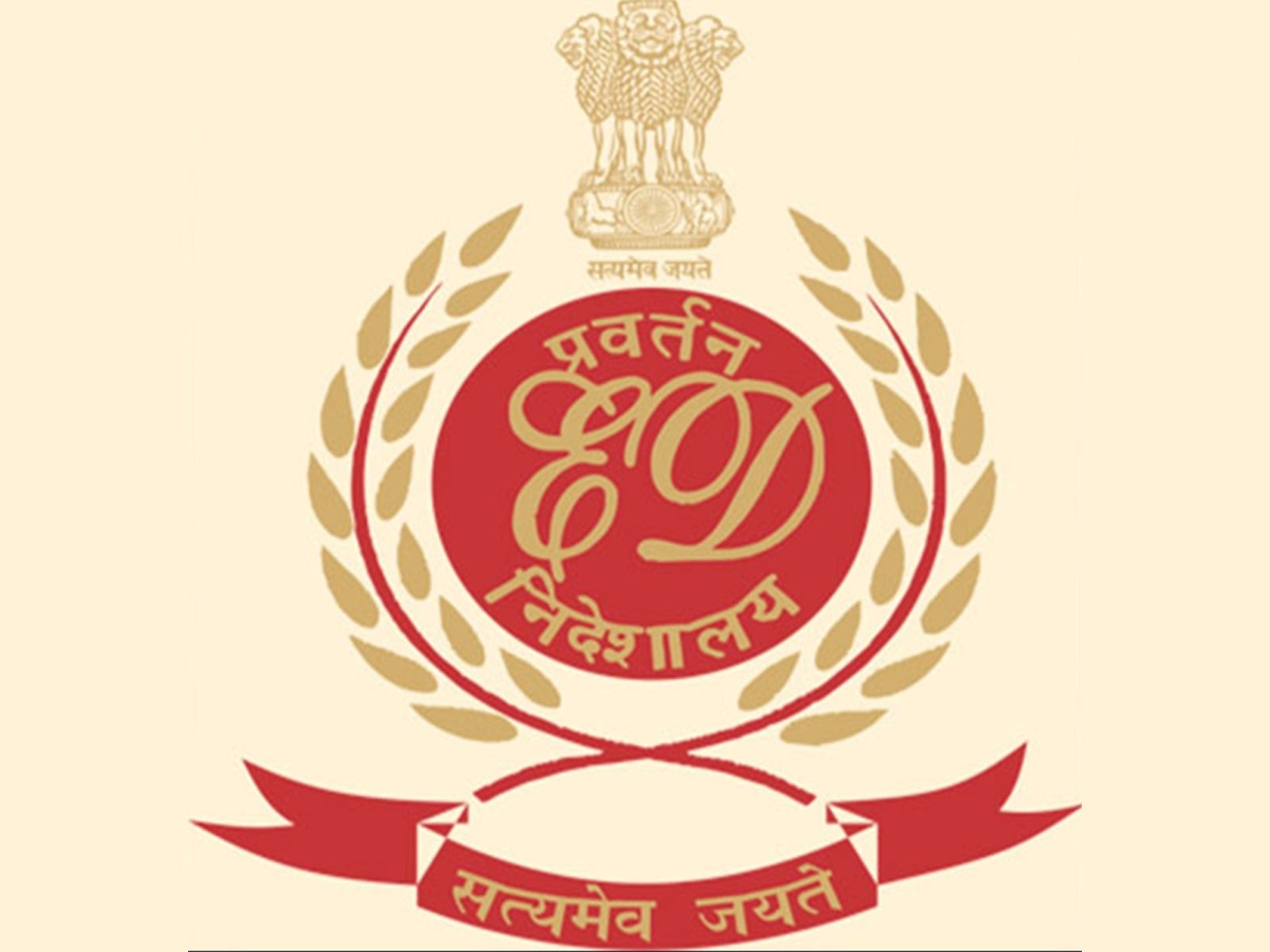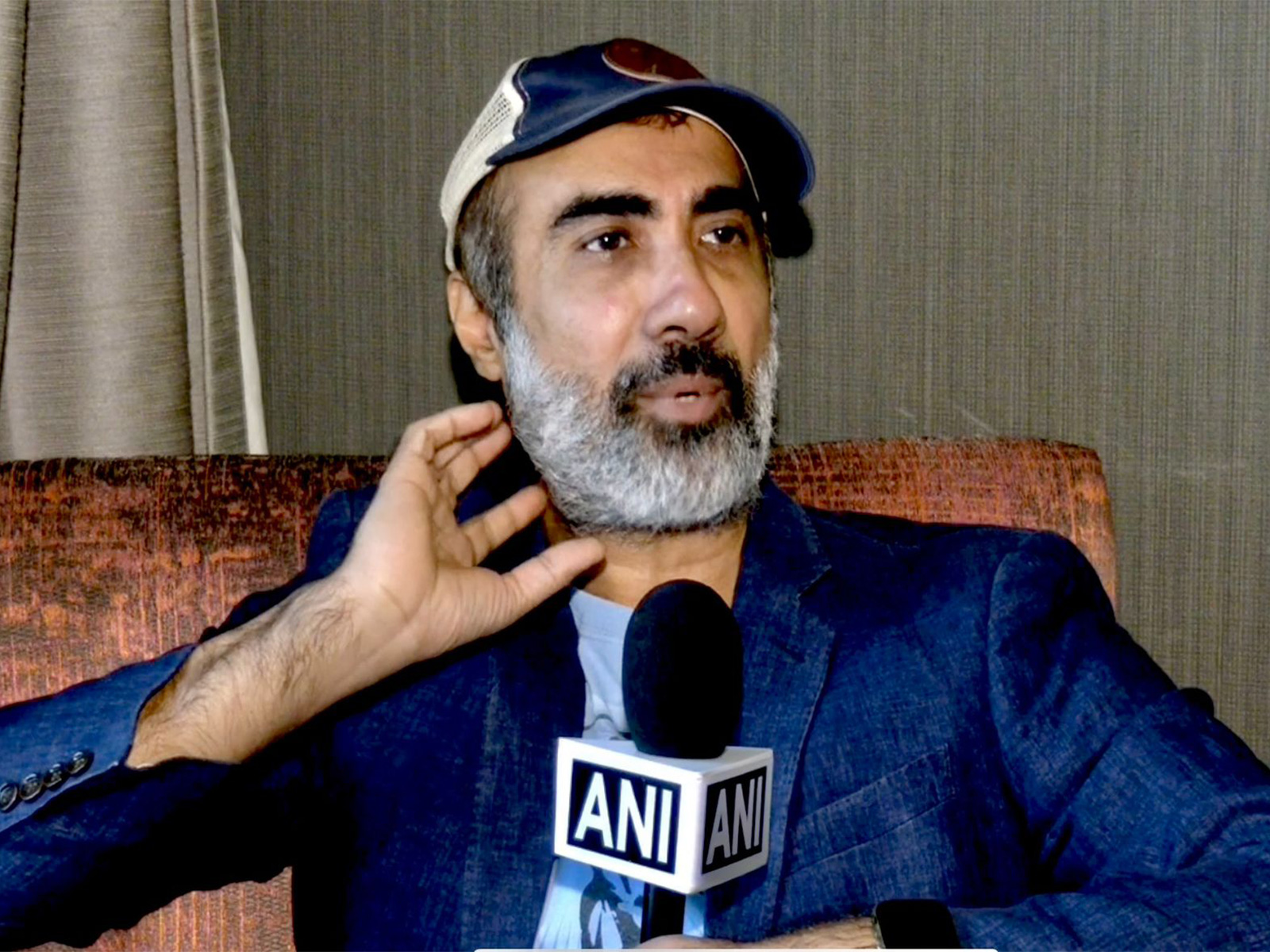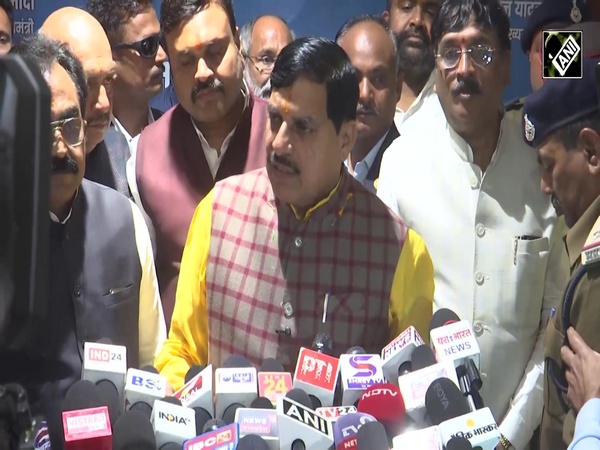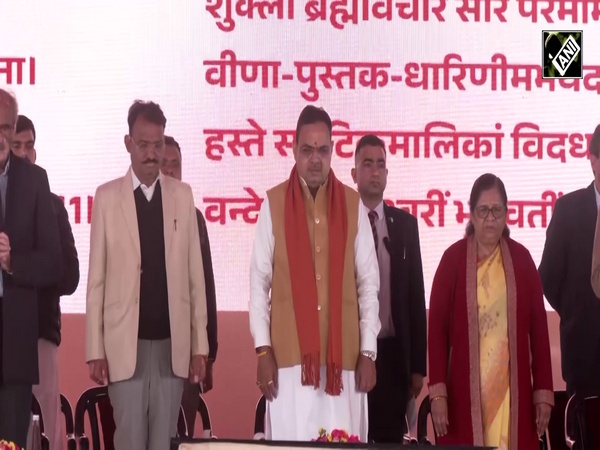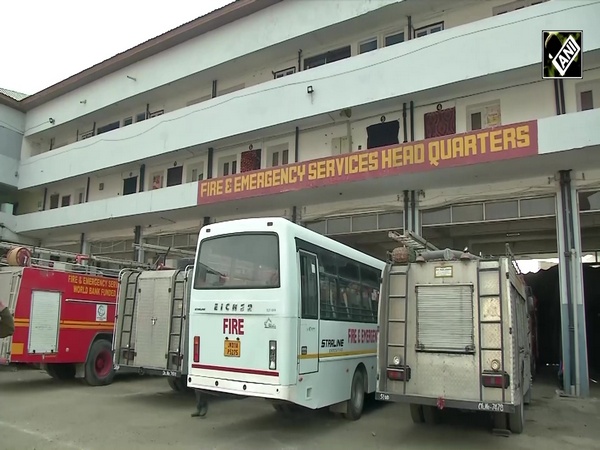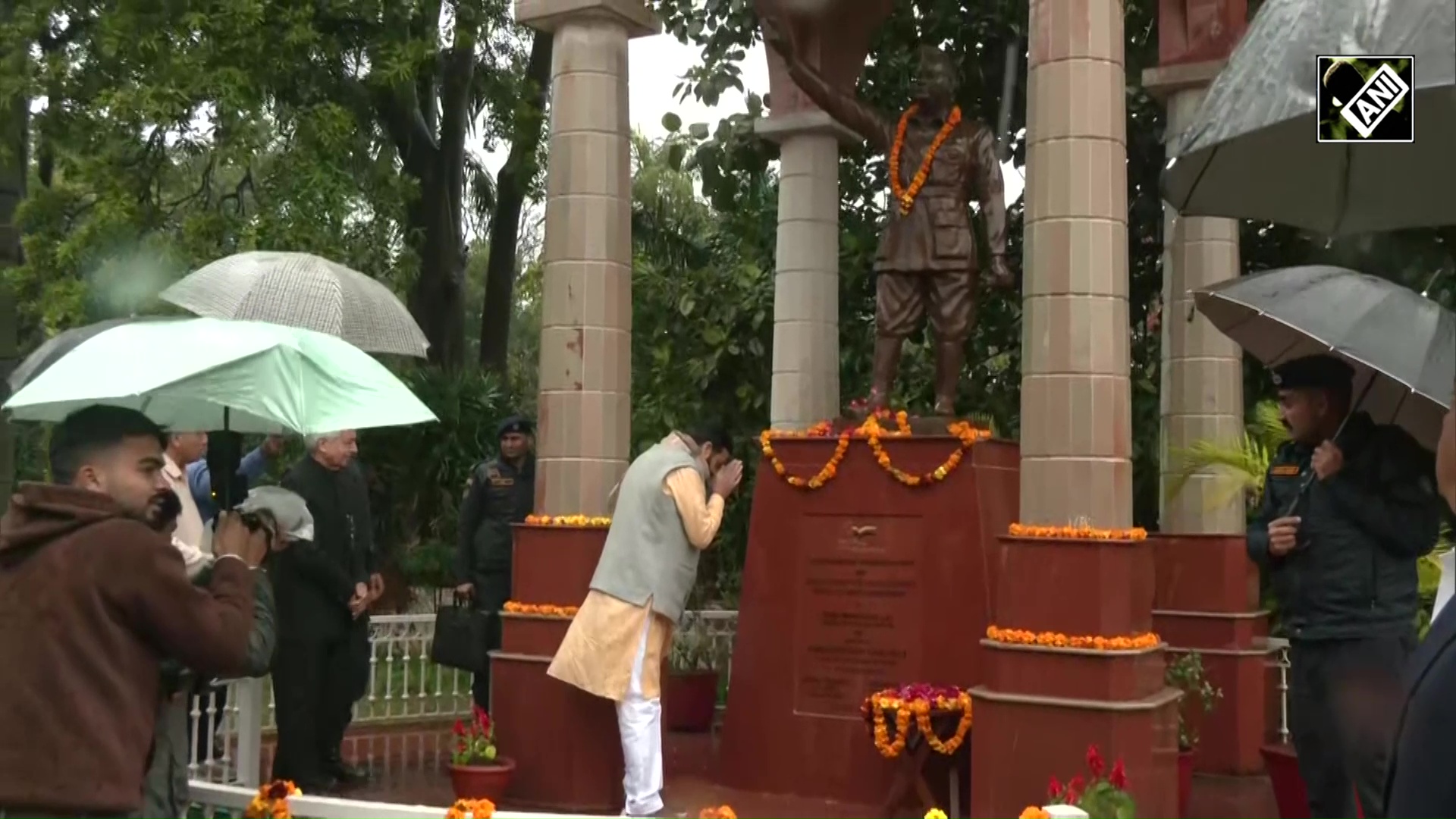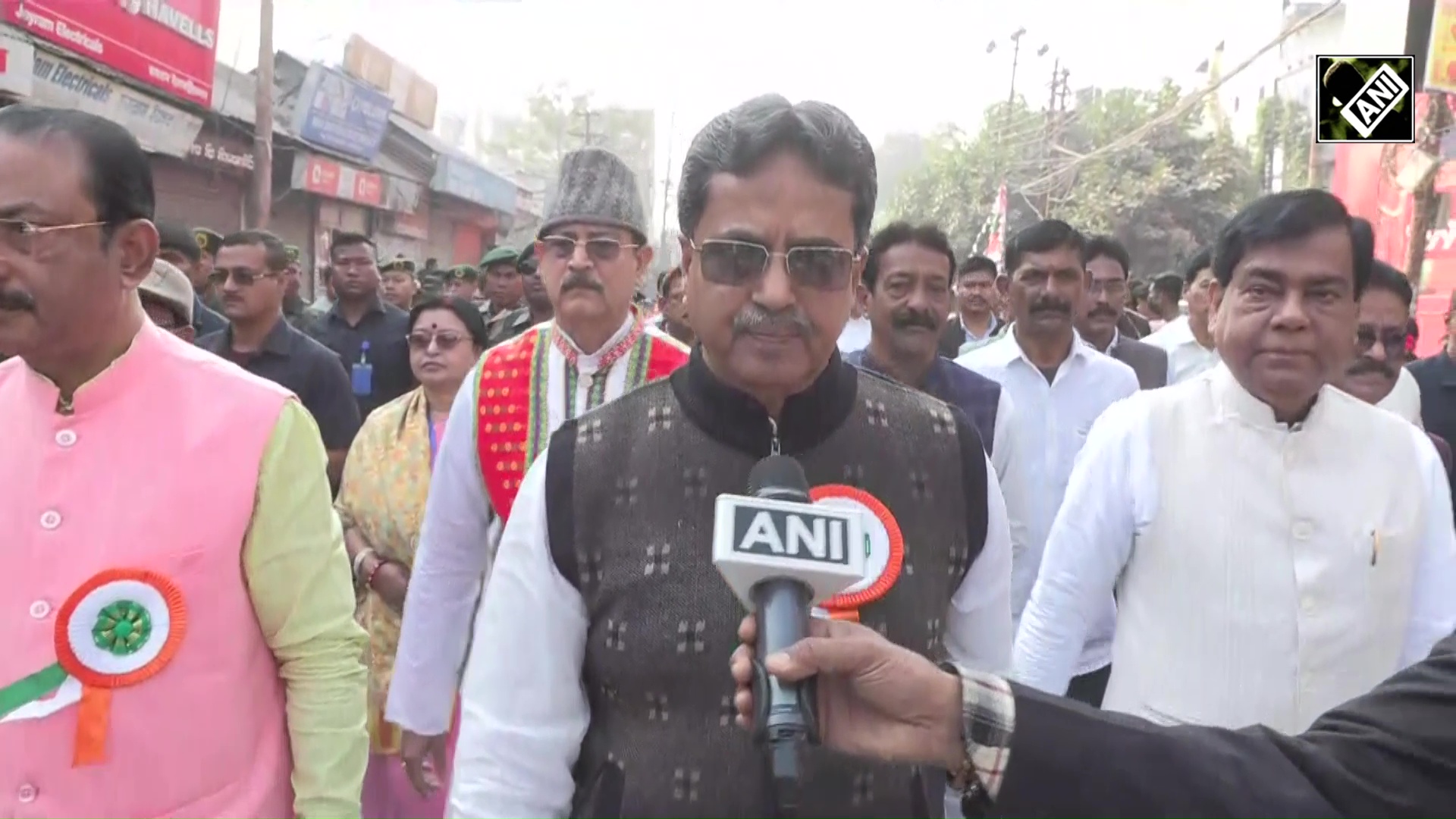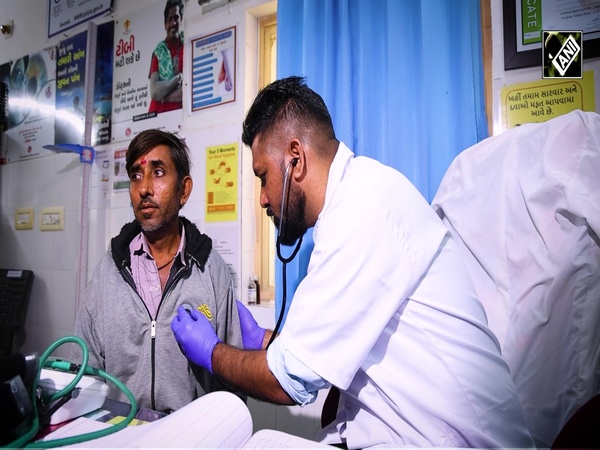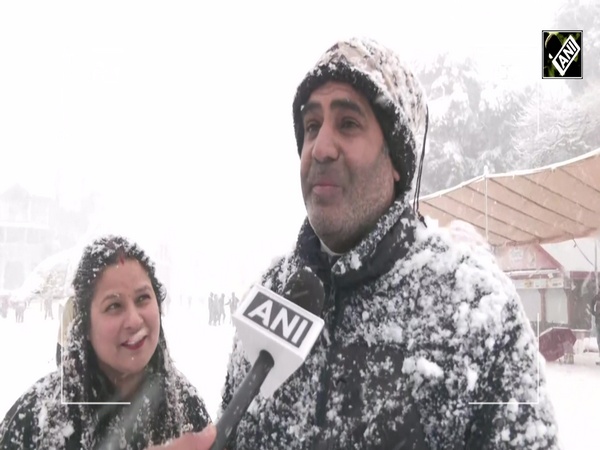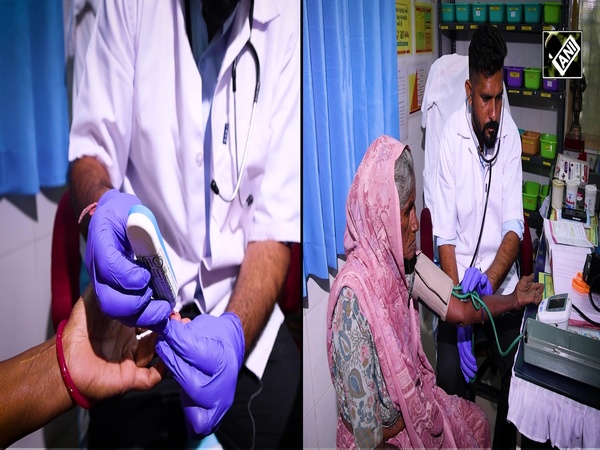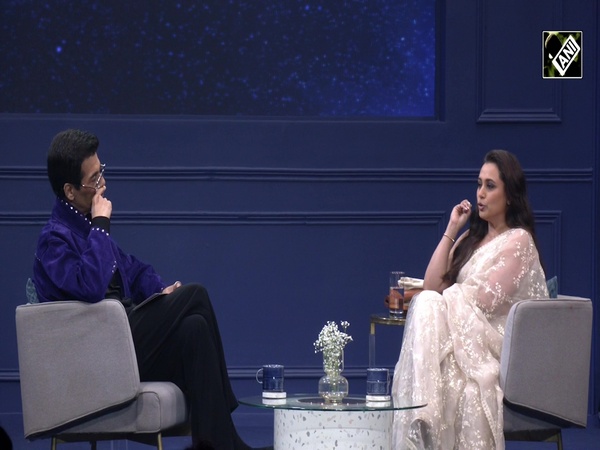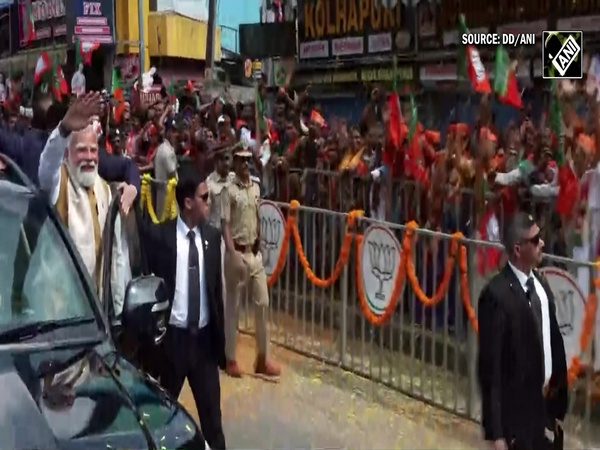Pakistan Senate elections: Coalition gains ground, PTI holds strong, alliances key
Apr 01, 2024

Islamabad [Pakistan], April 2 : Today's Pakistan Senate elections are poised to witness a significant shift in power dynamics within Pakistan's upper house of parliament, with parties in the ruling coalition, namely the Pakistan Muslim League-Nawaz (PML-N) and Pakistan People's Party (PPP), edging closer to a two-thirds majority, Dawn reported.
The opposition Pakistan Tehreek-e-Insaf (PTI) is expected to maintain its status as the largest party in the Senate, albeit unable to impede the government's legislative agenda.
The Senate, often referred to as the House of Federation, comprises 96 members, with each of the four federating units contributing 23 seats and four from Islamabad. The allocation per province includes 14 general seats, four reserved for women, four for technocrats, and one for a minority member, as reported by Dawn.
Senators serve six-year terms, with half the total number retiring every three years, prompting elections for new senators. These elections hinge on party standings in the four provincial assemblies and the National Assembly.
To solidify its position, the ruling coalition aims for 64 senators out of 96. Originally, polling was set for 48 senators, but with 18 elected unopposed from Punjab and Balochistan, the Election Commission of Pakistan (ECP) will conduct elections for the remaining 30 seats.
The PTI currently holds 20 Senate seats and is expected to secure at least seven more from Khyber Pakhtunkhwa, becoming the leading party with 27 senators. The PPP, with 13 senators, anticipates winning 10 to 11 seats from Sindh and one each from KP and Islamabad, potentially becoming the second-largest party with 25 to 26 senators. The PML-N, also with 13 senators, has an additional seven seats, making it the third largest party in the Senate, as reported by Dawn.
The Jamaat-i-Islami, Pashtunkhwa Mili Awami Party, and PML-Functional are set to lose their Senate representation as their members retired in March.
Given the current assembly numbers, these parties opted not to field candidates. In Punjab, all seven candidates for general seats have been elected unopposed, with the PML-N and PTI-Sunni Ittehad Council alliance dominating. For technocrat seats, three contenders remain, including Finance Minister Mohammad Aurangzeb and PTI's Yasmin Rashid.
In the women's seat race, PPP, PML-N, and PTI contenders vie for victory, while PML-N and PTI compete for the minority seat. In Punjab, PML-N's unified front increases the likelihood of winning all five seats, with PTI-SIC alliance facing slim prospects due to their limited representation.
In Sindh, 11 candidates compete for seven general seats, with PPP likely to secure a majority, potentially aided by support for independent candidate Faisal Vawda. The PTI-led KP anticipates an intriguing contest, with 16 candidates vying for seven general seats, including prominent PTI nominees like Azam Swati and Faisal Javed Khan.
The PTI's dominant position in KP's assembly positions it to win at least seven seats. In the capital, Farzand Hussain Shah of PTI faces Rana Mehmoodul Hassan of PPP for the general seat, while PML-N's Ishaq Dar and PTI's Raja Ansar Mehmood compete for the technocrat seat.
Polling for the federal capital's seats will occur in the National Assembly, with intricate dynamics shaping the outcomes across various regions, Dawn reported.
